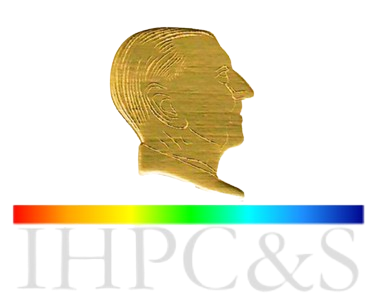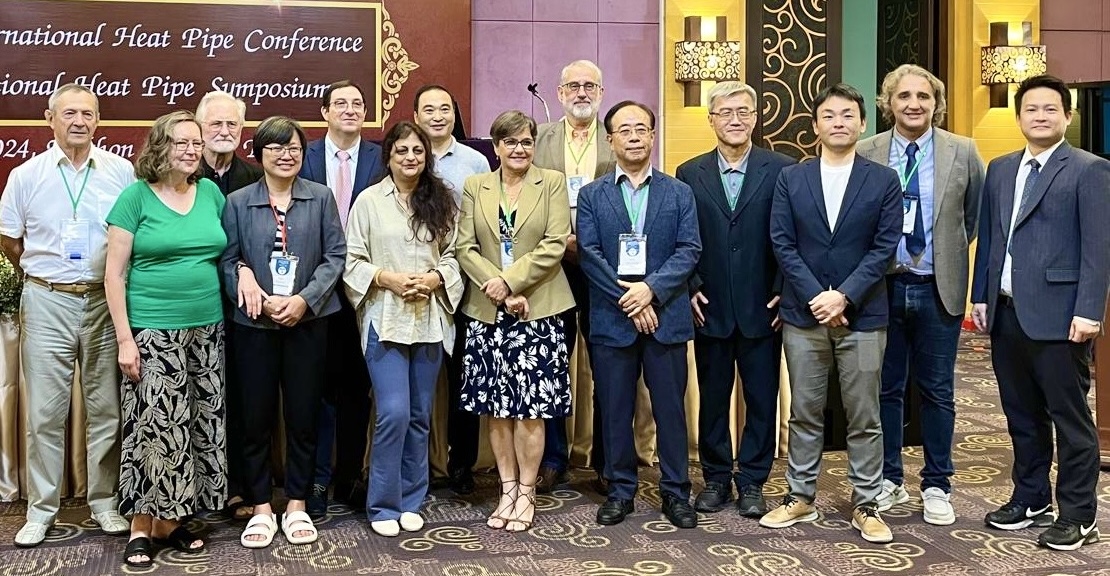Meet our Committee
Honorary Chairman
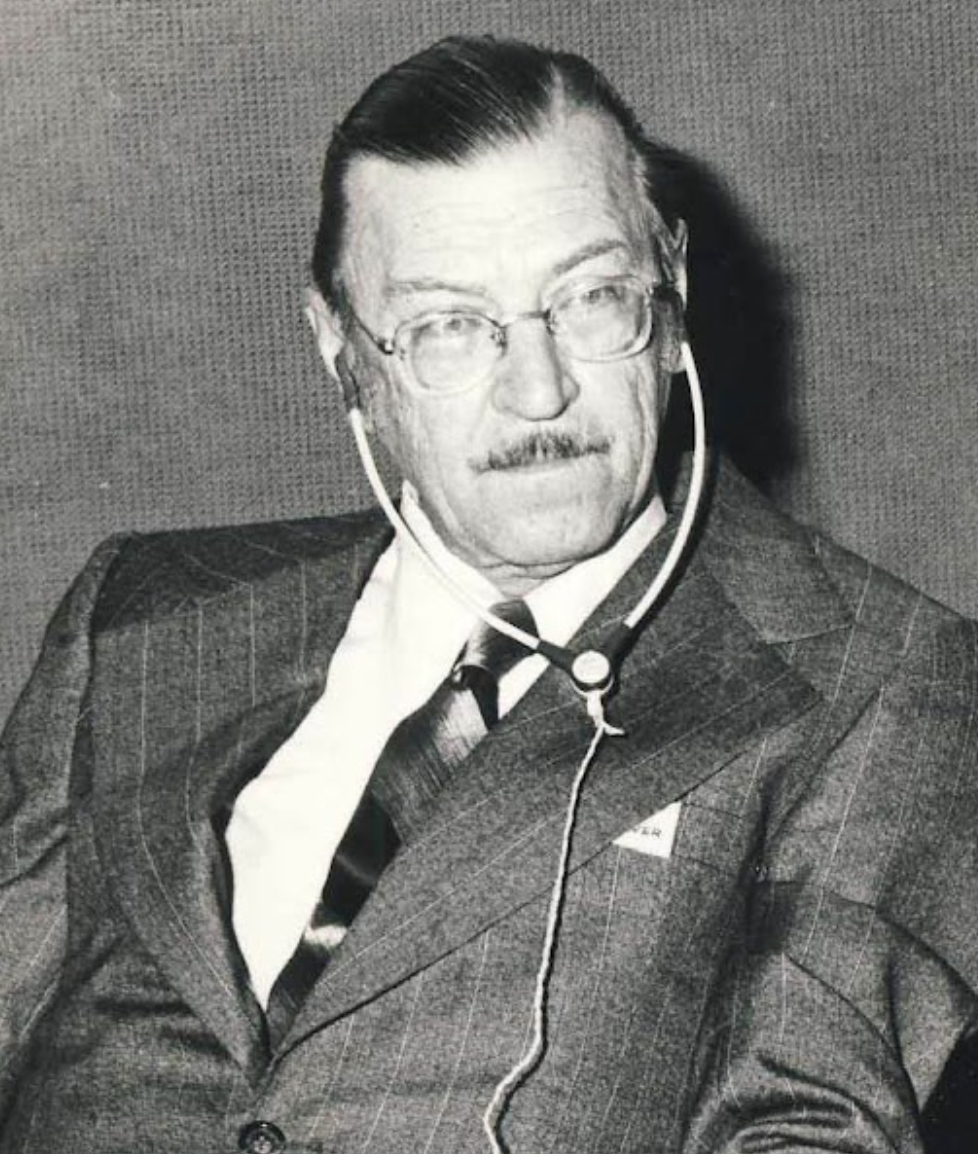
George M. Grover
Stuttgart, Germany
Honorary Chairman
Dr. George M. Grover invented the first functional heat pipe in 1963 at Los Alamos, revolutionizing heat transfer in space and electronics. Despite an earlier patent, his practical model sparked global research. He later co-founded Q-Dot Corporation and retired in 1985, passing away from Alzheimer’s in 1996.

Prof. Manfred Groll
Stuttgart, Germany
Honorary Chairman
Chairperson

Prof. M. Mantelli
Florianópolis, Brazil
Chairperson
Head of the Heat Pipe Laboratory at the Federal University of Santa Catarina, Brazil, she has supervised over 30 Ph.D. and 60 M.S. students and published 250+ papers in leading journals and conferences. She is the sole author of Thermosyphons and Heat Pipes: Theory and Applications (2020).
Past-Chairperson

George M. Grover
Stuttgart, Germany
Honorary Chairman
Dr. George M. Grover invented the first functional heat pipe in 1963 at Los Alamos, revolutionizing heat transfer in space and electronics. Despite an earlier patent, his practical model sparked global research. He later co-founded Q-Dot Corporation and retired in 1985, passing away from Alzheimer’s in 1996.

Prof. Manfred Groll
Stuttgart, Germany
Honorary Chairman
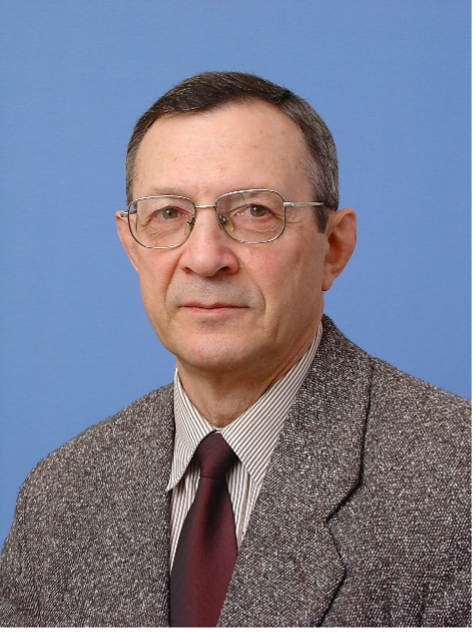
Prof. Yury Maydanik
Ekaterinburg, Russia
Past-Chairperson
Prof. Yury F. Maydanik is the chief researcher and head of the laboratory of heat transfer devices of the Institute of Thermal Physics of the Ural Branch of the RAS. The IHPC Committee member from 1997. From 2004 to 2016 – the Chairman of the Committee. In 2018, he was awarded the George Grover Medal. The main field of scientific interests is loop heat pipes. Author and co-author of 56 patents for invention and about 250 scientific publications in peer-reviewed journals.

Prof. Jocelyn Bonjour
Lyon, France
Past-Chairperson
Professor of Heat Transfer and Thermodynamics at the Department of Energy and Environmental Engineering at INSA Lyon, France. His research subjects are linked to liquid-vapor phase change heat transfer. This covers the fundamentals of boiling (e.g. bubble growth dynamics) and the application of phase-change to heat exchangers in refrigeration systems or heat pipes. He has published ca. 100 articles In peer-reviewed journals and as many communications in conference proceedings.
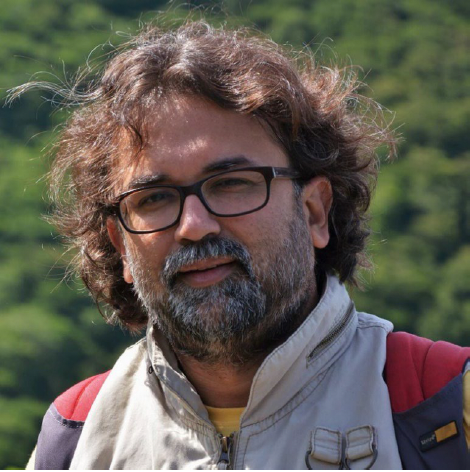
Prof. Sameer Khandekar
Kanpur, India
Past-Chairperson
Prof. Sameer Khandekar (1971–2023), Sir M. Visvesvaraya Chair Professor and Dean of Student Affairs at IIT Kanpur, was a leader in two-phase heat transfer and heat pipes. A Fellow of INAE, he contributed to pulsating heat pipe research with 100+ publications, 8 patents, and 4 books. He also served as President of Shiksha Sopan, working for social upliftment.
Members
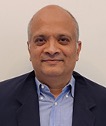
Prof. Amrit Ambirajan
Bengaluru, India
Member
Amrit Ambirajan is a research professor in mechanical engineering at the Indian Institute of Science, Bangalore since 2021. His research interests include thermal management of terrestrial and space systems and two-phase heat transport devices. He has published 75+ papers in various international conferences and peer reviewed journals. He is a fellow of the Indian National Academy of Engineering.

Prof. Jocelyn Bonjour
Lyon, France
Member
Professor of Heat Transfer and Thermodynamics at the Department of Energy and Environmental Engineering at INSA Lyon, France. His research subjects are linked to liquid-vapor phase change heat transfer. This covers the fundamentals of boiling (e.g. bubble growth dynamics) and the application of phase-change to heat exchangers in refrigeration systems or heat pipes. He has published ca. 100 articles In peer-reviewed journals and as many communications in conference proceedings.

Prof. Abhijit Date
Melbourne, Australia
Member
Dr. Abhijit Date is a Professor at RMIT University’s School of Engineering. His areas of interest are thermos-fluid engineering, application of heat pipes and sustainable energy systems. His research is focused in the areas water desalination, waste heat recovery and utilization. He has published over 100 peer-reviewed journal articles and supervised over 20 PhD’s to completion.
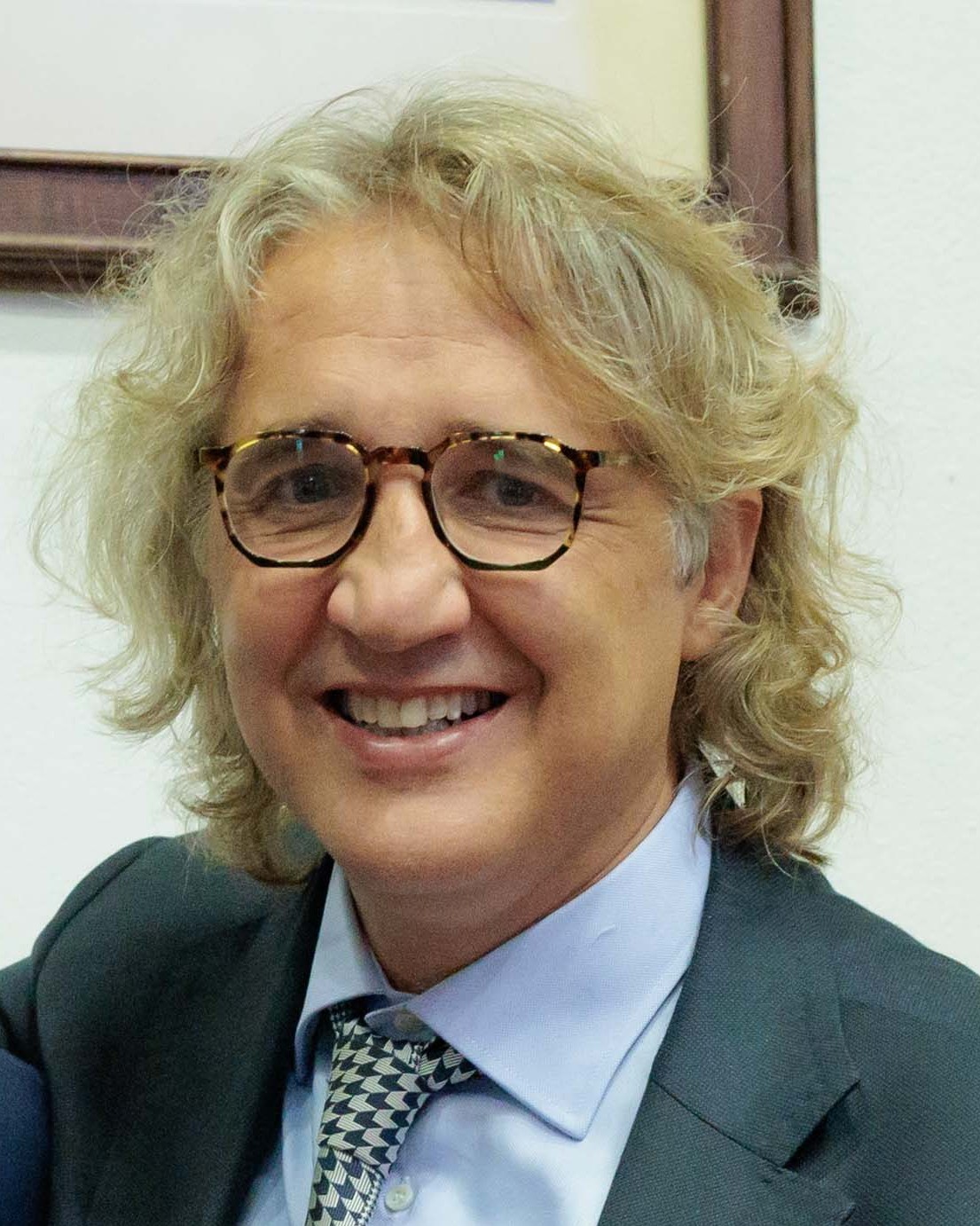
Prof. Sauro Filippeschi
Pisa, Italy
Member
Sauro Filippeschi, Full Professor at University of Pisa, specializes in thermodynamics and heat transfer. He has published extensively, led international research projects, and served as Vice-President of the School of Engineering. His research focuses on two-phase heat transfer and thermal storage, with applications in ground and space technologies, including many projects with the European Space Agency.

Prof. Manfred Groll
Stuttgart, Germany
Member
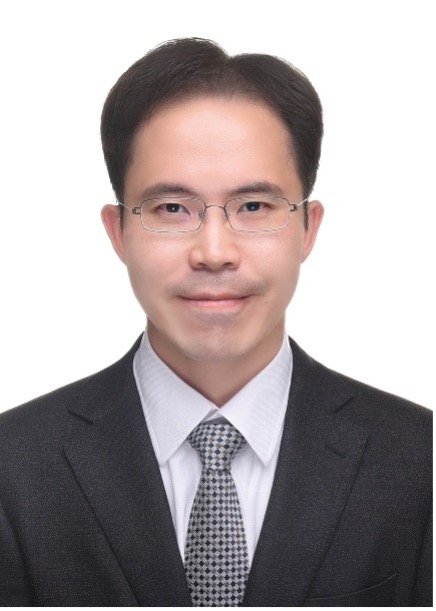
Prof. Wukchul Joung
Busan, South Korea
Member
Dr. Wukchul Joung is a professor at Pukyong National University, Busan, Republic of Korea. His main research interest is on precision thermal control and thermometry with various types of heat pipes. Dr Joung authored 38 peer-reviewed journal papers and awarded the APMP Iizuka Prize and the George Grover Medal.

Prof. Shung Wen Kang
Taipei, Taiwan
Member

Prof. Marcia Mantelli
Florianopolis, Brazil
Member
Head of the Heat Pipe Laboratory at the Federal University of Santa Catarina, Brazil, she has supervised over 30 Ph.D. and 60 M.S. students and published 250+ papers in leading journals and conferences. She is the sole author of Thermosyphons and Heat Pipes: Theory and Applications (2020).
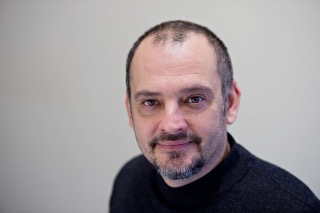
Prof. Marco Marengo
Pavia, Italy
Member
Prof. Marco Marengo, Distinguished Professor of Thermal Physics at the University of Pavia, specializes in two-phase systems, heat transfer, and space applications. He leads ESA’s Pulsating Heat Pipe team, advises European space strategy, and has published 350+ papers. He is also Associate Editor for IJMF and MDPI Energies.

Prof. Yuri Maydanik
Ekaterinburg, Russia
Member
Prof. Yury F. Maydanik is the chief researcher and head of the laboratory of heat transfer devices of the Institute of Thermal Physics of the Ural Branch of the RAS. The IHPC Committee member from 1997. From 2004 to 2016 – the Chairman of the Committee. In 2018, he was awarded the George Grover Medal. The main field of scientific interests is loop heat pipes. Author and co-author of 56 patents for invention and about 250 scientific publications in peer-reviewed journals.
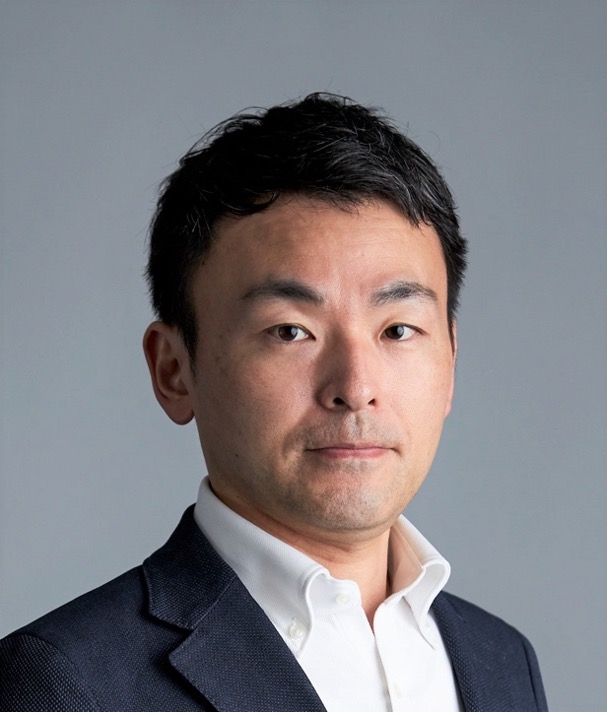
Prof. Hosei Nagano
Nagoya, Japan
Member
Hosei Nagano is a Professor in the Department of Mechanical System Engineering at Nagoya University, Japan. He earned his PhD from Keio University and was a postdoctoral researcher at NASA/GSFC. His research focuses on loop heat pipes, thermophysics, and thermal control technologies for spacecraft.

Prof. Jay M. Ochterbeck
Clemson, USA
Member
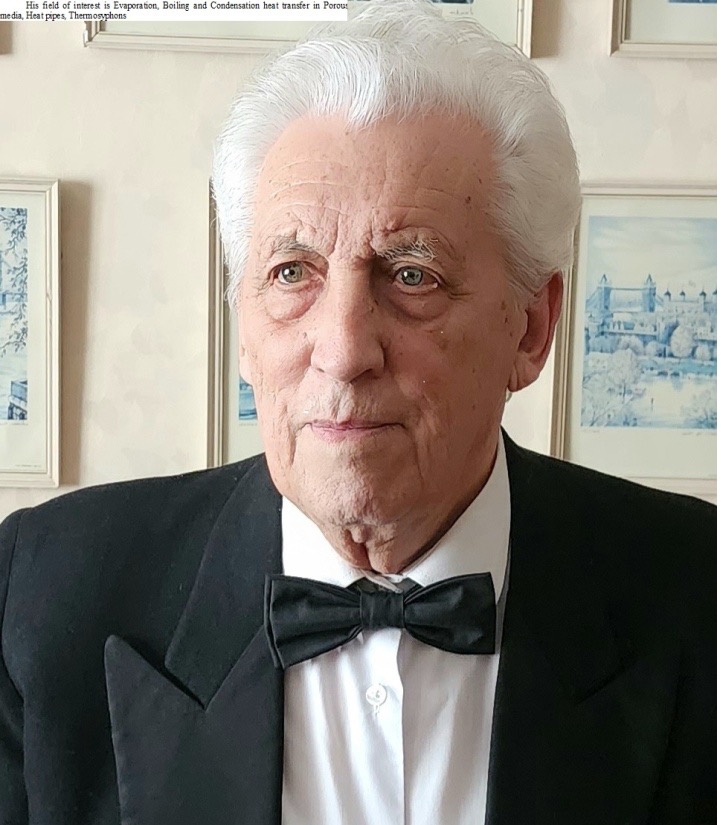
Prof. Leonard L. Vasiliev
Minsk, Belarus
Member
Head of Porous Media Laboratory, Luikov Heat and Mass Transfer Institute, National Academy of Sciences, Belarus. His field of interest is Evaporation, Boiling and Condensation heat transfer in Porous media, Heat pipes, Thermosyphons, Heat pumps, Energy Conservation Technology, Sorption technology. He has supervised 27 Ph.D., is the author and co-author of 450 + publications in leading journals and conferences, 11 books, 218 Soviet certificates on invention, 10 patents. He has George Grover Scientist Award and Medal.
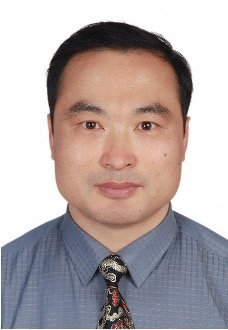
Prof. Wei Qu
Beijing, China
Member
Wei Qu, Professor of China Academy of Aerospace Aerodynamics; Ph.D of Engineering Thermophysics from Harbin Institute of Technology (1998); Postdoctoral from Institute of Thermophysics, Chinese Academy of Sciences (2001); Senior Visiting Scholar in Missouri University, USA (2004); Published more than 200 Journal papers; Received over 10 awards of Provincial level.
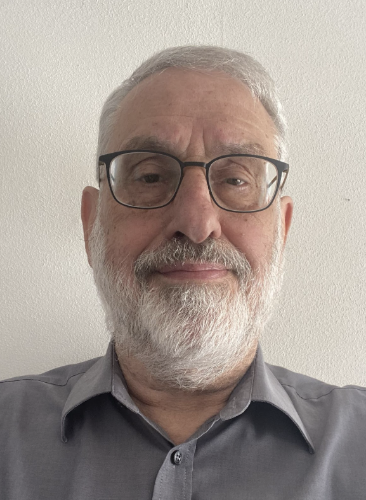
Mr. Wolfgang Supper
Leiderdorp, Netherlands
Member
Wolfgang Supper worked for 30 years at the European Space Agency managing with European Industry and research entities a large number of two-phase products like heat pipes, mechanically and capillary pumped two phase loops and loop heat pipes for space application. His activities also included the preparation and execution of several in-orbit demonstration experiments onboard the US Space Shuttle and on Russian Foton missions.
Founding Members
- Claus A. Busse
- Peter D. Dunn
- Manfred Groll
- George M. Grover
- Aleksei V. Luikov
Former Members
- Prof. Nitipong Soponpongpipat, Nakhon Pathom, Thailand (2024-2025)
- Joon Hong Boo, South Korea (2002-2024)
- Aliakbar Akbarzadeh, Melbourne, Australia (2014-2023)
- Sameer Khandekar, India (2007-2023)
- Pradip Terdtoon, Thailand (2014-2022)
- Masabumi Katsuta (2012-2020)
- Claus Busse, Italy (1973-2018)
- Peter D. Dunn, United Kingdom (1973-2014)
- Alain Alexandre, France (2004-2012)
- Fumito Kaminaga, Japan (2002-2012)
- Tongze Ma, China (1986-2012)
- Hong Zhang, China (2004-2012)
- Sergio Colle, Brazil (2005-2010)
- G.B. Bud Peterson, United States of America (1997-2005)
- Gian Piero Celata, Italy (2002-2005)
- Yasunori Kobayashi, Japan (1996-2002)
- Michael A. Merrigan, United States of America (1991-2001)
- David A. Reay, United Kingdom (1981-2000)
- Koichi Oshima, Japan (1983-1999)
- Robert Curtila, France (1988-1996)
- George M. Grover, United States of America (1973-1996)
- J.F. Redor, Netherlands (1988-1991)
- Chris Savage, Netherlands (1984-1988)
- R. Séméria, France (1987-1988)
- Antonio Accensi, Netherlands (1976-1984)
- F. Reale, Italy (1976-1982)
- Stan Ollendorf, United States of America (1978-1981)
- V.I. Subbotin, Union of Soviet Socialist Republics (1976-1981)
- Jack Kirkpatrick, United State of America (1976-1978)
- Aleksei Vasilievich Luikov, Union of Soviet Socialist Republics (1973-1974)
- František Polášek, Czech Republic (1978-2004)
In memorium
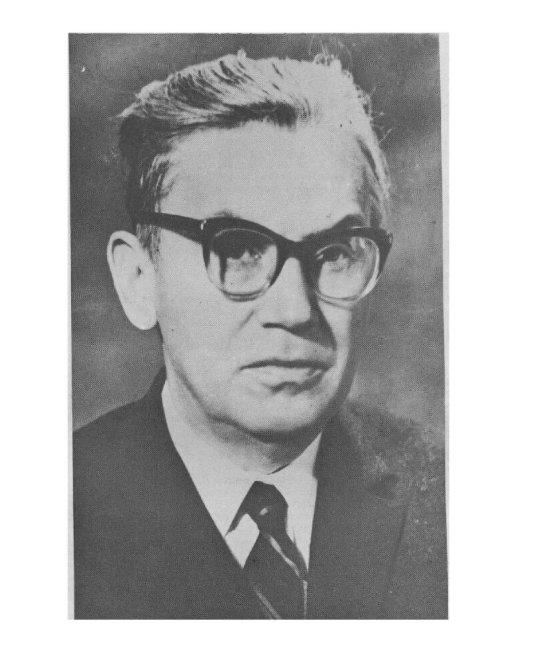
Aleksei V. Luikov (1910-1974)
Alexei Vasilievich Luikov (1910–1974), a foundational figure in thermal physics, passed away unexpectedly in June 1974 at the age of 63. Luikov made pioneering contributions to the field of heat and mass transfer, particularly in capillary-porous bodies, and was instrumental in formulating foundational theories and differential equations that shaped modern understanding of drying processes, energy transfer, and convection.
Throughout his career, Luikov blended theoretical innovation with practical application. His work led to advances in industrial drying, freeze-drying, and the development of specialized equipment. He authored over 250 scientific papers and 18 monographs, many of which gained international recognition and were translated widely. His scientific leadership extended to supervising nearly 160 graduate students and heading major research institutes, including the Heat and Mass Transfer Institute in Minsk, which flourished under his direction.
Luikov also played key editorial and organizational roles in the global scientific community, serving on numerous journals and scientific councils. Honored with prestigious Soviet and international awards – including the Order of Lenin and the I.I. Polzunov Award – he championed international collaboration and left a lasting legacy in both theoretical and applied thermal sciences.

George M. Grover (1915-1996)
Dr. George Maurice Grover (1915–1996) was a pioneering nuclear physicist best known for inventing the first functional heat pipe in 1963 while working at Los Alamos National Laboratory. Originally designed to efficiently transfer heat from a space-based nuclear reactor, the heat pipe became a critical technology for satellites, electronics, and laptops due to its remarkable ability to transfer heat without any moving parts.
Although a similar concept had been patented earlier by General Motors, Dr. Grover was unaware of it and is widely credited as the inventor due to his development of the first practical, working model. He openly shared his invention with scientists around the world, initiating a new field of research that remains active today and has been adopted by numerous space programs.
Born in Garland, Utah, Dr. Grover earned degrees from the University of Washington and the University of Michigan. He remained at Los Alamos until 1971, after which he co-founded the Q-Dot Corporation to commercialize heat pipe technology. He retired in 1985 and passed away in 1996 at the age of 81, following a battle with Alzheimer’s disease.
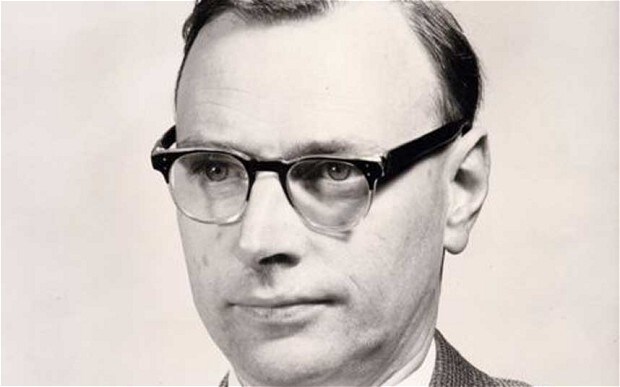
Peter D. Dunn (1927-2014)
Professor Peter Douglas Dunn (1927–2014) was an engineer and physicist renowned for his pioneering work in heat pipe technology and renewable energy. His career began in the early 1960s at the Atomic Energy Research Establishment in Harwell, where he made major contributions to heat pipe design and their application in energy systems. Notably, he developed the variable conductance heat pipe—an innovation allowing temperature control through changes in gas pressure—for extracting heat from fluidised bed combustion systems. He co-authored the influential book Heat Pipes with D. Reay, which is widely regarded as a seminal text in the field.
In 1965, Dunn was appointed Professor of Engineering Science at the University of Reading, where he founded the world’s first master’s program in renewable energy and established the Renewable Energy Group. He was a strong advocate for sustainable technologies, particularly in developing countries, and played a key role in promoting “intermediate technologies” to solve local challenges related to energy and infrastructure. In 1989, he co-founded the company Gamos to support the development and dissemination of alternative technologies.
Born in Leicestershire in 1927, Dunn began his career as an apprentice technician and later pursued a degree in physics at the University of Nottingham, driven by a fascination with nuclear power. He also earned a BSc in Mathematics and Physics externally from the University of London, followed by a PhD from the same institution. His early work included roles at the radar research establishment in Malvern and later at Harwell and the Rutherford Laboratory, where he focused on energy conversion and microwave technology.
Dunn was appointed an Officer of the Order of the British Empire (OBE) in 1998 and continued contributing to scientific literature until shortly before his death on March 7, 2014, at the age of 87.
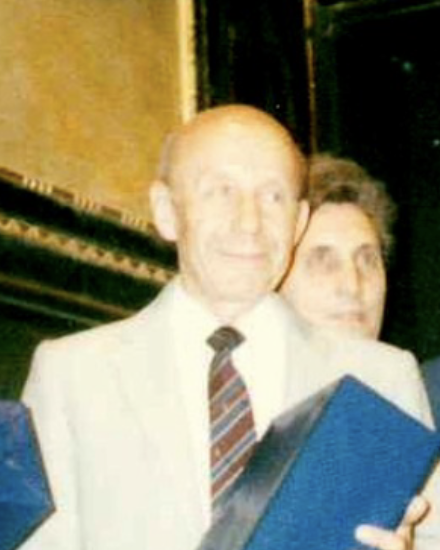
Professor Claus A. Busse (1928-2018)
Professor Claus A. Busse (1928–2018) was a pioneering scientist in the field of heat pipe science and technology. As part of the first generation of researchers dedicated to this field, he made significant contributions to the fundamental understanding, design, and development of heat pipes.
Born in Sondershausen, Germany, he earned his Ph.D. in Theoretical Physics from the University of Göttingen in 1954. After early work in electronics and nuclear technology, he began his groundbreaking research on heat pipes at the Joint Research Center in Ispra, Italy, in 1965. There, he established one of the first major heat pipe research groups in Europe.
Professor Busse’s work encompassed fundamental studies of flow and pressure limits in heat pipes, corrosion phenomena in liquid metal systems, and the development of advanced heat pipe designs for high-precision thermometry. He also created innovative technologies, including gas-controlled coaxial heat pipes and microzone evaporation models.
From the 1970s onward, alongside his research at the Joint Research Center, he lectured on heat pipe theory at the University of Stuttgart. In 1981, he was appointed as an Extraordinary Professor and went on to supervise several Ph.D. students. He was a founding member of the International Heat Pipe Conference (IHPC) Committee in 1972 and organized the second IHPC in Bologna, Italy, in 1976. In recognition of his outstanding contributions, he received the George Grover Medal at the 15th IHPC in Clemson, South Carolina, in 2010. Professor Claus A. Busse passed away on June 10, 2018.

Professor Sameer Khandekar (1971-2023)
Professor Sameer Khandekar was a pioneering researcher in the field of phase-change thermofluidics, renowned for his foundational contributions to the science and technology of pulsating and loop heat pipes. After earning his B.E. in Mechanical Engineering, he pursued an M.Tech. in Thermo-fluid Engineering at IIT Kanpur, followed by a Ph.D. from the University of Stuttgart, Germany, where he graduated summa cum laude for his groundbreaking research on the thermo-hydrodynamics of pulsating heat pipes.
Upon joining IIT Kanpur in 2004, he transformed the Refrigeration and Air Conditioning Laboratory into a state-of-the-art experimental facility and led innovative research across a range of phase-change systems. His work encompassed both experimental and theoretical modeling of heat pipes, Taylor bubble flows, and condensation processes—particularly under conditions simulating severe nuclear accident scenarios. His prolific research output included 10 patents, 110 peer-reviewed journal publications, and numerous international collaborations.
A cornerstone of the global heat pipe community, Professor Khandekar received the prestigious George M. Grover Young Scientist Award at the 14th International Heat Pipe Conference (IHPC) in 2007. He later chaired the Joint International Heat Pipe Conferences & Symposia Committee, and in 2013, he organized the 17th IHPC at IIT Kanpur, commemorating the conference’s 40th anniversary.
Beyond his scientific accomplishments, Professor Khandekar was a dedicated educator and mentor, having supervised several students and 13 doctoral dissertations. He was also deeply committed to educational outreach through Shiksha Sopan, a voluntary organization supporting underprivileged youth in the IIT Kanpur community. Professor Sameer Khandekar passed away suddenly on December 22, 2023, at the age of 52. His profound contributions to science, education, and society will continue to inspire generations to come.

